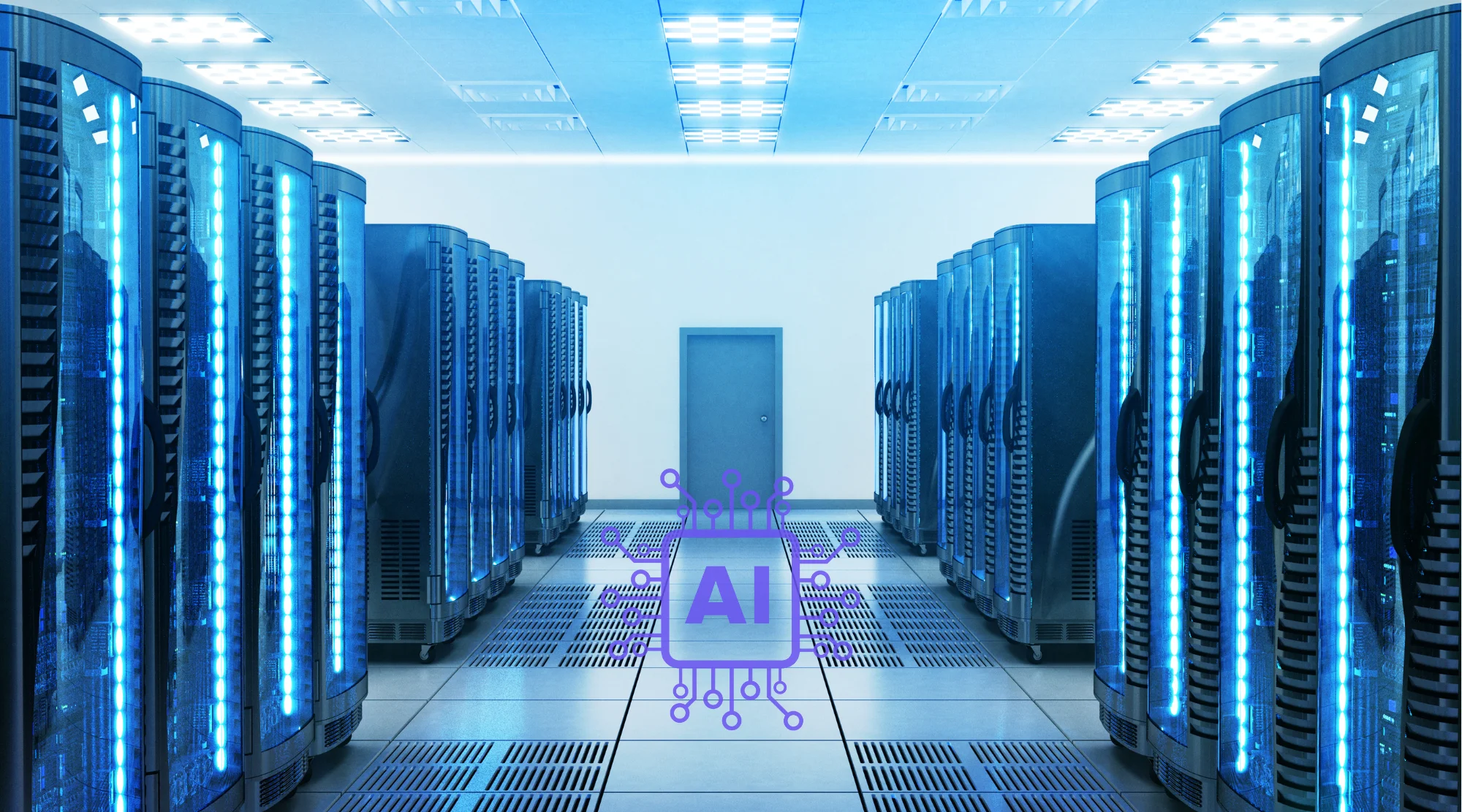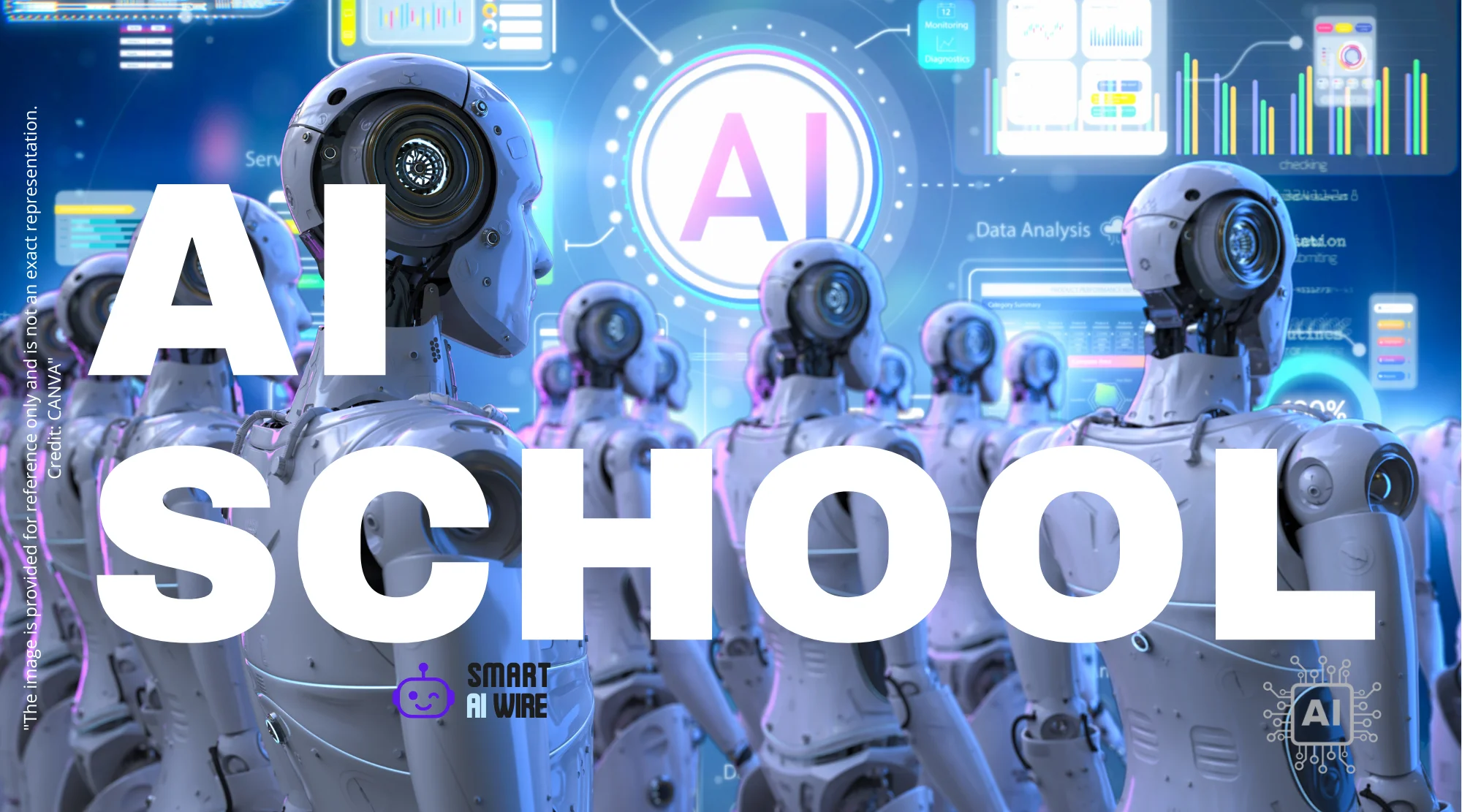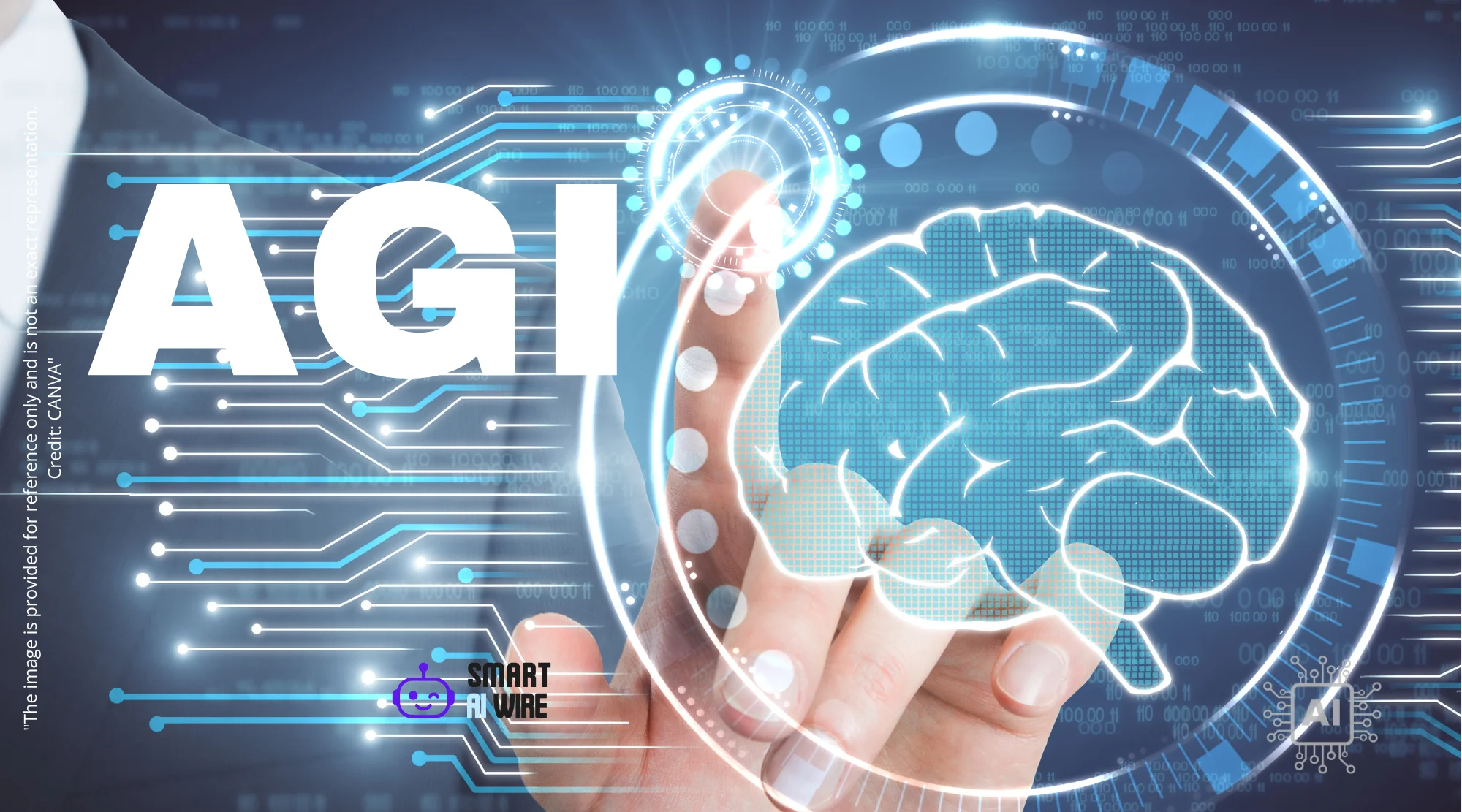The rise of artificial intelligence is not just about software; it’s fueling a massive demand for powerful computing infrastructure. This demand is creating a boom in AI data centers, specialized facilities designed to handle the intensive processing required for training and running AI models. As AI becomes increasingly integrated into every aspect of our lives and businesses, understanding the role and impact of these data centers becomes crucial. From powering groundbreaking research to enabling everyday applications, AI data centers are the unsung heroes of the AI revolution.
This article will explore what AI data centers are, why they are so important, and the challenges and opportunities they present.
Understanding AI Data Centers: The Power Behind the Intelligence
Traditional data centers are designed to store and manage vast amounts of data, serving various applications and services. AI data centers, however, are optimized for a specific purpose: to support the computational demands of artificial intelligence. This distinction necessitates a different approach to design, hardware, and resource allocation.

AI workloads, particularly the training of complex machine learning models, require significantly more processing power than typical data processing tasks. This is where specialized hardware like GPUs (Graphics Processing Units) and TPUs (Tensor Processing Units) come into play. These processors are designed to perform the parallel computations that are essential for training AI models, drastically reducing the time required for these tasks. Think of it as using a team of specialized workers instead of a single generalist; the specialized team can complete the job far more quickly and efficiently.
Beyond hardware, AI data centers also require advanced cooling systems to manage the heat generated by these high-performance processors. Efficient cooling is critical for maintaining optimal performance and preventing equipment failure. Software also plays a key role, with specialized tools for managing and orchestrating AI workloads, optimizing resource utilization, and ensuring efficient data flow. The combination of these factors makes AI data centers a distinct and critical component of the AI ecosystem.
The Growing Demand for AI Infrastructure
The demand for AI data centers is exploding, driven by the rapid adoption of AI across industries. Businesses are increasingly leveraging AI for various applications, including:
- Data analytics: Extracting insights from vast datasets to improve decision-making.
- Automation: Automating repetitive tasks to increase efficiency and reduce costs.
- Customer service: Providing personalized and efficient support through AI-powered chatbots.
- Product development: Accelerating innovation by using AI to design and test new products.
As these applications become more prevalent, the need for powerful computing infrastructure to support them grows exponentially. This demand is further fueled by the increasing complexity of AI models, which require more data and computational resources to train effectively. The result is a surge in investment in AI data centers, with companies racing to build and deploy these facilities to meet the growing demand. This trend can be observed in the increased investment in AI infrastructure, discussed in articles like “Microsoft Invests $30 Billion in UK AI Infrastructure: A New Era of Innovation”.
The Environmental Impact and Sustainability Concerns
The massive energy consumption of AI data centers raises significant environmental concerns. These facilities require vast amounts of electricity to power processors, cooling systems, and other infrastructure components. As a result, they contribute significantly to carbon emissions and can strain local energy grids.
Addressing the environmental impact of AI data centers is a critical challenge. Efforts are underway to improve energy efficiency through various strategies, including:
- Using renewable energy sources: Powering data centers with solar, wind, or hydroelectric power.
- Optimizing cooling systems: Implementing advanced cooling technologies to reduce energy consumption.
- Improving hardware efficiency: Developing more energy-efficient processors and other hardware components.
Data center operators are increasingly focused on sustainability, recognizing the importance of reducing their environmental footprint. Some companies are even exploring innovative solutions such as using waste heat from data centers to heat nearby buildings or developing carbon-neutral data center designs. You can also link to relevant articles from our blog like, “Nokia’s AI Overhaul: Mahajan Leads New Tech & AI Org for Future Networks”.
The Geopolitical Implications of AI Infrastructure
The development and control of AI data centers have significant geopolitical implications. Nations that possess advanced AI infrastructure gain a competitive advantage in research, economic development, and national security. This has led to a global race to build and deploy AI data centers, with governments and private companies investing heavily in this critical infrastructure.
The concentration of AI data centers in certain regions also raises concerns about data sovereignty and security. Some countries are enacting regulations to ensure that data generated within their borders is stored and processed locally. This trend is driving the development of AI data centers in new locations, fostering greater geographic diversity and reducing reliance on a few key hubs. The increasing importance of AI in various sectors, including defense, further underscores the strategic importance of AI data centers.
The Future of AI Data Centers: Trends and Innovations
The field of AI data centers is constantly evolving, with new technologies and approaches emerging to address the growing demands of artificial intelligence. Some key trends and innovations include:
- Edge computing: Deploying AI processing closer to the source of data, reducing latency and improving responsiveness.
- Neuromorphic computing: Developing processors that mimic the structure and function of the human brain, potentially enabling more efficient AI processing.
- Quantum computing: Exploring the use of quantum computers for certain AI tasks, which could offer significant speedups compared to classical computers.
- Liquid Cooling: Utilizing liquid cooling systems, which is more efficient than traditional air cooling systems for keeping up with the heat produced by AI data centers.
These innovations promise to transform the landscape of AI data centers, enabling more powerful, efficient, and sustainable AI applications. As AI continues to advance, the role of AI data centers will only become more critical, driving further innovation and investment in this vital infrastructure.
The Economic Impact of AI Data Centers
AI data centers are not just technological hubs; they are also significant economic engines. The construction and operation of these facilities create jobs in various sectors, including construction, engineering, IT, and energy. Furthermore, AI data centers attract investment and foster innovation, contributing to the growth of local and regional economies.
The presence of AI data centers can also attract other businesses and researchers, creating a cluster effect that further stimulates economic activity. As AI becomes more integrated into the economy, the economic impact of AI data centers is likely to grow even more significant. Therefore, the development of these facilities can be a strategic priority for governments and economic development agencies looking to promote growth and innovation. Consider articles like “AI Jobs Pay 28% More: Unlock Higher Salaries with These In-Demand Skills” to see the monetary impacts.
The Skill Gap and the Need for Specialized Expertise
The rapid growth of AI data centers is creating a demand for specialized expertise in areas such as AI hardware, software, and infrastructure management. However, there is a significant skill gap in these areas, which could hinder the development and deployment of AI data centers.
Addressing this skill gap requires investment in education and training programs to develop the next generation of AI data center professionals. This includes training programs for data scientists, AI engineers, and data center technicians. Furthermore, collaboration between industry, academia, and government is essential to ensure that these programs are aligned with the needs of the AI industry. Closing the skill gap will be critical for realizing the full potential of AI data centers and ensuring that they can continue to support the growth of artificial intelligence. One may want to consult with our article: “Become a Prompt Engineer: Skills, Tools & Learning Path” for details.
The Ethical Considerations of AI Data Centers
While AI data centers offer numerous benefits, they also raise ethical considerations. These facilities power AI systems that can have a profound impact on society, including decisions related to healthcare, finance, and criminal justice. It is therefore crucial to ensure that these systems are developed and used ethically and responsibly.
This includes addressing potential biases in AI algorithms, ensuring transparency in decision-making processes, and protecting privacy and security. AI data center operators have a responsibility to promote ethical AI practices and to work with stakeholders to develop guidelines and standards for the responsible use of AI. By addressing these ethical considerations, we can ensure that AI data centers contribute to a more just and equitable society.
Conclusion: Embracing the Power and Responsibility of AI Infrastructure
AI data centers are the backbone of the AI revolution, providing the computing power necessary to drive innovation and progress. As AI becomes increasingly integrated into our lives and businesses, the role of these facilities will only become more critical. However, it is essential to recognize the challenges and opportunities they present, including the environmental impact, geopolitical implications, and ethical considerations. By addressing these issues proactively, we can ensure that AI data centers are developed and used responsibly, contributing to a sustainable and equitable future. Embracing both the power and the responsibility of AI infrastructure is essential for harnessing the full potential of artificial intelligence and creating a better world.



